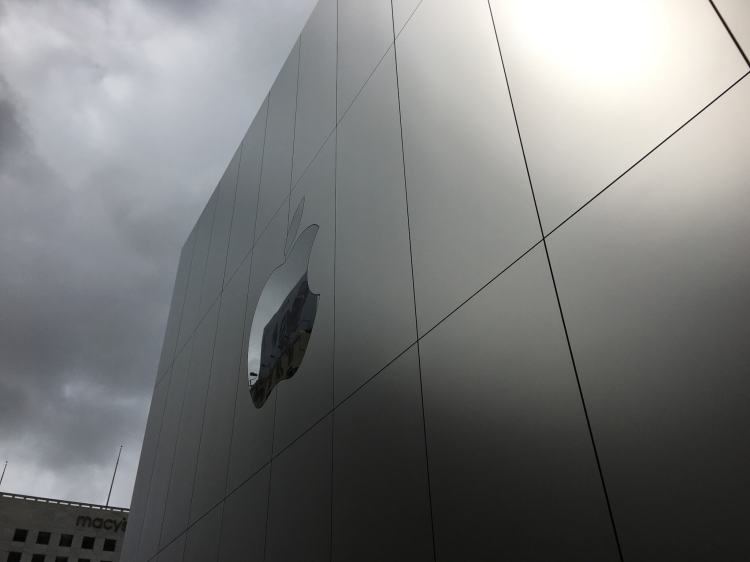The world’s most valuable company will today drop its latest quarterly earnings report — chock-full of data points that will be pulled apart and scrutinized by thousands of bloggers and analysts.
Will iPad sales stop dropping? Did the new, late-quarter iPhones goose sales a bit? Did the bleeding in China stop? Are Services still growing fast enough to make up for weakness in hardware?
The reality is that none of this really matters as far as Apple is concerned. Apple’s stock has been hitting record highs of late. Basically, investors are giving the company enormous credit because it managed to stop revenue from falling last quarter. And they are betting that the report today will deliver modest, but not spectacular, growth.
Any other company would be getting slaughtered by the markets for such a performance. But two things have allowed Apple to escape the gravity of its current revenue stagnation.
June 5th: The AI Audit in NYC
Join us next week in NYC to engage with top executive leaders, delving into strategies for auditing AI models to ensure fairness, optimal performance, and ethical compliance across diverse organizations. Secure your attendance for this exclusive invite-only event.
The first is its growing cash hoard. Estimates are that the company will disclose today that it has $250 billion in cash just sitting around, mostly overseas. It is an amount unprecedented in U.S. corporate history.
For all the navel gazing about how CEO Tim Cook has and has not changed Apple since he took over in 2011, the most truly radical change he made came in 2012, when the company announced it would start paying dividends for the first time since 1995 and would start using its cash to buy back shares of its stock.
This has made Apple’s stock a winner in an old-fashioned sense of investing. In recent decades, stock trading has become more about speculation. If someone buys a stock for $10, they are hoping they can sell if for $20. There is no real connection to a company’s performance in that case. It’s just a question of whether the next person can be convinced to pay more.
But it used to be that people bought stock and held it for long periods of time because companies would pay quarterly dividends. People wanted slow and steady companies that were solidly profitable, a bit boring, and that continued to pull in enough cash to put dividends in shareholders’ pockets.
That’s pretty much Apple these days. It’s why someone like Berkshire Hathaway’s Warren Buffet doubled his investment in the company last year. If there is a number investors want to hear this week, it’s the amount of the dividend, and how much Apple will spend buying back stock.
Apple’s ecosystem locks users in for the long term. That will keep the cash rolling in. And the company could cruise on that for a while. But it has another advantage: a strong belief in its potential.
Investors and fans still believe, more than with almost any other company, that Apple has the potential to deliver game-changing products. Most of the rumored products, like an Apple Car, are far over the horizon, if they are even real. But even the anticipation for the 10th anniversary iPhone this September, which may or may not have a few new interesting functions and design points, is enormously high.
This remains true despite that fact that the macro trends are working against Apple: Global smartphone market growth is slowing, native China brands are pulling ahead in that market, and tablets have been flatlined for a few years now.
Investors believe in Apple’s ability to push through those barriers.
Beyond the numbers, folks will be listening today for the slightest nuance from Apple executives. A well-crafted but obscure remark about cars or augmented reality or original content that allows them to dream of something grand and magical one day emanating from the company’s magical labs could be enough to send investors rushing to push the buy button.
For the record, here are the consensus estimates:
- Apple guided that Q2 revenue would fall between $51.5 and $53.5 billion, a slight increase from $50.56 billion. Consensus analyst estimate is at $52.97 billion, at the higher end of that range. Given that revenue fell a year ago, this will be cheered by investors.
- Profits are expected at 2.02 per share, up a bit from 1.9 a year ago.
- iPhone unit sales are projected at 51.82 million, up from the 51.2 million sold a year ago, when iPhone sales dropped.
- For Q3, analysts are projecting Apple to guide to $45.7 billion for the quarter.



